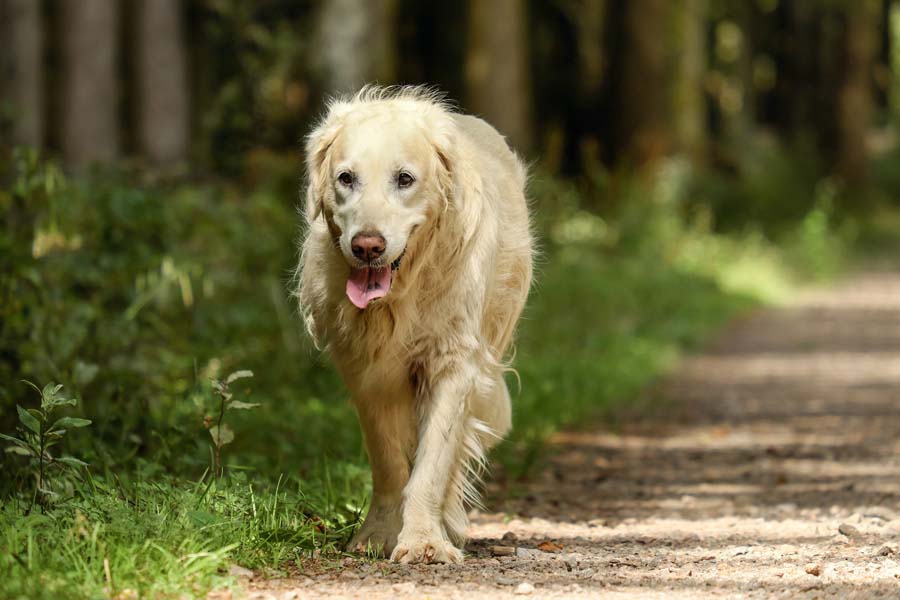A Turramurra Vet Pet Behaviour Article
Teaching Adult Dogs New Tricks? Yes! It can be Done!

Teaching Adult Dogs New Tricks? Yes! It can be Done!
by Katie Bedrossian, Pet Behaviour Consultant
Most people have heard the saying ‘You can’t teach an old dog new tricks’. I am here to tell you that you can teach old dogs new tricks, whether they are 12 months old or 12 years old. And, better yet, adult dogs have a few advantages over young dogs when it comes to learning.
Turramurra Veterinary Hospital’s Pet Behaviour Service offers the following services for adult dogs:
- Daytraining – Let me do the training for you! These sessions take place in the environment the behaviour challenge is occurring, training is fast tracked and then a session for transferring the information to you. Very effective for training a dog that walks calmly on lead, comes when called or discouraging jumping up on people as well as training a desired response to cue words.
- Private Behaviour Consultations – Katie works alongside you with each session to guide you and your dog towards success.
- Group Training Workshops – Single session small group 1 hour classes (4-6 dogs) focusing on one behaviour challenge for dogs of ALL AGES!
The 6 reasons why teaching adult dogs is easier:
- Better emotional regulation. Even if they haven’t learnt the best habits, better emotional regulation means they have more patience to work out what you are teaching them and don’t get frustrated like younger dogs can.
- Observe longer before reacting. While there are various levels of reactivity to a threat depending on the individual, when an individual dog reaches adulthood, they often observe their environment and other dogs’ and people’s behaviour for longer than they did as a younger dog.
- Reduced need for intensive physical and mental exercise to resolve behaviour. While exercise and environmental enrichment is still important for adult dogs, adult dog behaviour is more about creating positive associations, changing routines and engrained habits, than trying to give the dogs outlets during their younger developmental phases.
- Emotional maturity. Once a dog reaches the age of 2, they have usually reached emotional maturity. This means that their mind can focus on a task more easily and tune out distractions more easily too.
- Social maturity. Once a dog reaches the age of 3, they have usually reached social maturity. Along with emotional maturity, this means that they are more secure in themselves, less sensitive to change and settled in their social temperament (whether that is introverted or extroverted).
- Less erratic behaviour. During puppyhood and adolescence (the first 2 years of life), a dog’s behaviour, development stage and mental state is constantly changing. While dogs’ minds are like a sponge at this age, meaning they can learn quickly, their behaviour can fluctuate from day to day. With adult dogs, once we get positive behaviour change, it tends to be much more consistent.
Dogs can be taught quickly at any age to sit, lie down, stand, stay and respond to other cues (taking into account health-related issues). Dogs that are anxious or have a behaviour challenge, such as pulling on lead or jumping up on people, can take more time to see improvements, but it can be done!
I personally started my training journey 18 years ago by training our existing family dog whom was 8 years old at the time, with no prior training history and some bad habits and had great success! Don’t spend the next 10 years living with a challenging dog, when you could be living the life with your dog as you imagined it. It is so worth it.
Book in for a session by phoning our Customer Care team on 9988-0198. We look forward to working with you and your dog.

